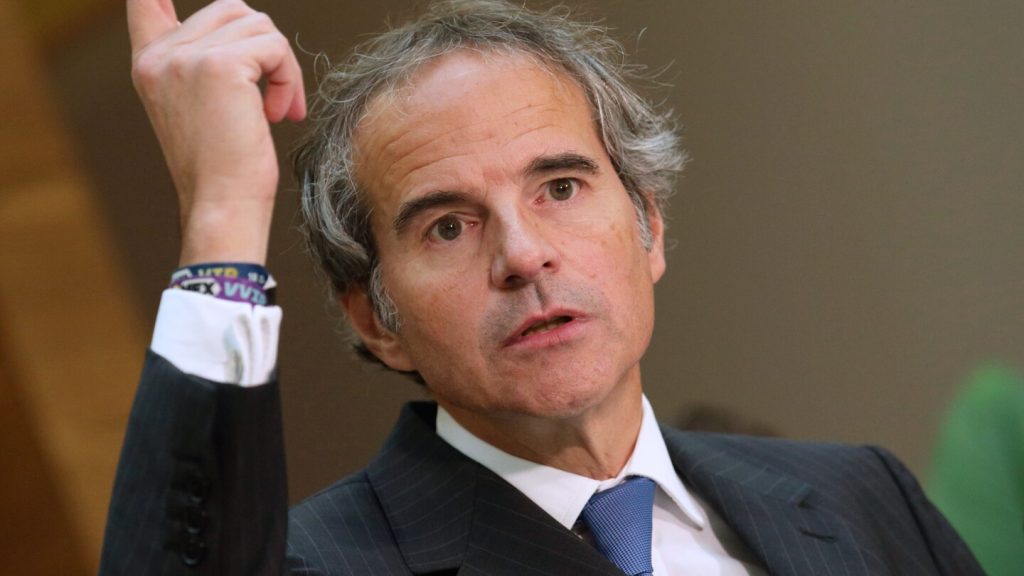Concerns Over Iran’s Nuclear Cooperation
WASHINGTON (AP) — The head of the U.N.’s nuclear oversight agency expressed on Wednesday that it is still not satisfied with Iran’s compliance with international inspectors. This comes as European leaders seem ready to reinstate sanctions against Tehran after unsuccessful diplomatic negotiations regarding its nuclear program.
Despite inspectors returning to Iran for the first time since the 12-day Iran-Israel conflict in June, Rafael Grossi, the director general of the International Atomic Energy Agency, stated that fully regaining access to critical nuclear sites remains ongoing. “The presence of the inspectors is a significant step,” Grossi noted in an interview, emphasizing that numerous inspection-related issues still need clarification.
Grossi, who has been under special police protection due to a threat he claimed originates from Iran, spoke with AP following meetings in Washington, including discussions with Secretary of State Marco Rubio and other high-ranking officials from Germany, France, and the UK. They discussed global nuclear safety and IAEA’s monitoring and verification efforts, particularly regarding Iran.
Diplomatic Efforts and Deadlines
The leaders of the E3 nations—Germany, France, and the UK—have recently engaged in negotiations with Iranian officials, aiming to find a resolution before a looming deadline for reimposing U.N. sanctions. They warned that if Iran fails to comply with their requirements, including allowing U.N. inspections and resuming negotiations with the U.S., they would invoke the “snapback mechanism” stipulated in the 2015 nuclear agreement.
The E3’s anxiety regarding Iran’s nuclear activities has intensified since Tehran halted all cooperation with the IAEA post-conflict. The U.S. and the E3 set an August 31 deadline for Iran to fulfill several conditions, including the accounting of over 400 kilograms of enriched uranium.
Furthermore, Grossi mentioned that while IAEA inspectors have returned to Iran’s Bushehr nuclear power plant, they have not yet been granted access to other sites targeted during the U.S. strikes. Iranian Foreign Minister Abbas Araghchi acknowledged the inspectors’ presence at the facility to oversee a fuel replacement but cautioned against overstating this as a major breakthrough.
Security Concerns for IAEA Leadership
Grossi, who is considering a bid for United Nations secretary-general, is currently being guarded by an elite police unit in Austria following threats from Iran. He expressed regret over these threats against international civil servants and reaffirmed his commitment to continue vital inspection work. The elite unit is tasked with counterterrorism and personal protection, including safeguarding diplomats.
In recent events, Israel conducted airstrikes on Iranian nuclear facilities after the IAEA Board of Governors voted to censure Iran for non-cooperation, escalating tensions in the region. High-ranking Iranian officials have called for Grossi’s prosecution should he return to Iran, emphasizing the volatile atmosphere surrounding these ongoing negotiations.



